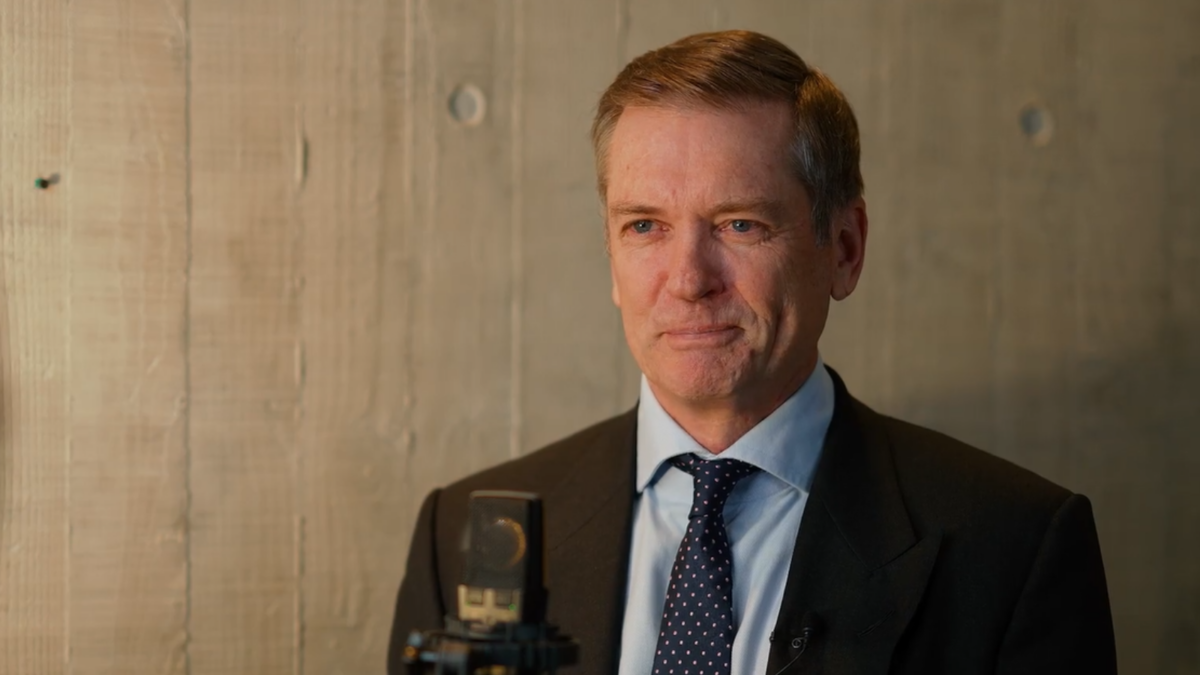Winning over the next generation
We have been told the next 20 to 30 years will see the biggest intergenerational wealth transfer in Australian history, according to the Productivity Commission study.
Intergenerational wealth transfer is a part of everyday life, but when the sheer volume is going to be so large, how do financial advisers ensure their clients relationships give them greater potential of retaining their clients’ assets when they are eventually transferred to the next generation?
Many strategies are being employed to maintain management of investable wealth during these transitions, yet our study found few have proven successful.
Invesco Global Consulting partnered with private wealth expert, R.A Prince & Associates to study 489 financial advisers in the US. We found that one third of those advisers or their colleagues lost half a million US dollars of assets when a client passed away and the children or spouse inherited those assets. This is a similar scene we are seeing in Australia and many others are seeing globally.
Our research uncovered that there are two components of intergenerational wealth – the wealth creators and the inheritors.
Perspectives of the wealth creators:
Of the 179 wealth creators we surveyed, almost 90 per cent anticipate transferring assets to their beneficiaries after their death and around 5 per cent expect to transfer their wealth while they are alive.
Since the majority of wealth creators are transferring their money through estate plans, it’s interesting to know that less than 20 per cent of them have actually discussed their estate plans with their beneficiaries and most believe their beneficiaries do not even know the size of their estates.
There are many reasons why wealth creators do not discuss their estates with their beneficiaries:
- It’s not a high priority in their family
- Talking about death can be awkward and upsetting
- Their beneficiaries believe it is not their concern
It is clear that many next-generation inheritors have limited knowledge of what they might inherit, which has significant implications for advisers trying to maintain management of the assets as the children inherit them.
Perspectives of the inheritors:
To better understand the next generation, we conducted an exploratory study of beneficiaries who had recently inherited wealth.
While most of them knew they were going to receive money from their parents;
- 15 per cent received what they expected
- 35 per cent inherited more than they expected
- 50 per cent inherited less
When the next generation inherits, we need to understand how they use the money. Our research shows that most of these inheritors are taking some or all of the funds to finance their lifestyle. This ranges from buying a desperately needed new car to taking family holidays or paying for their children’s private school fees. Only 25 per cent used all the inheritance to pay off debts (mortgages etc.).
Interestingly, 80 per cent of inheritors invested at least some or all of their new assets.
We discovered that many of these inheritors had previously been approached by their parents’ financial adviser. These approaches were in many forms such as social events, asking for a referral from the parents, sending out marketing material etc.
Only 8 per cent of those inheritors used their parents’ financial advisers.
The primary reason that inheritors weren’t using their parents’ advisers was that most of them already had their own. When we dug a little deeper into this question we found the reasons they opted to find their own financial adviser varied from not knowing their parents’ adviser to not being comfortable with or relating to their parents’ adviser.
This shows us the next generation are not inclined to automatically turn to the financial advisers of their parents.
So as an adviser, how do you give yourself the best chance of keeping your client’s assets during this great intergenerational wealth transfer?
Focus on the wealth creators to win next-generation assets:
When going directly to the next generation is showing to be relatively ineffective, try a few strategies to increase your chances of winning those assets by focusing on your relationships with wealth creators – your current clients, with whom your recommendations carry more weight.
Use the power of curiosity in the early stages of your relationship with your client to constantly find out any information you can about their values, family and hobbies.
You can do this by constantly asking open-ended, genuine questions and trying to find commonalities and encourage your clients to include their children on essential meetings and decisions, particularly when it comes to estate planning.
Have a look around your workspace. Does your office tell the right story? Do you have photos up of your own family, pets, hobbies? If you play golf or love football put something up in your office that allows connections to be made with your clients as this helps find those commonalities.
By asking genuine questions, finding commonalties to help create good connection and encouraging the input and presence of your client’s family, will all go a long way to solidifying the relationship you have with your client and increase your potential of winning the business of their beneficiaries.










